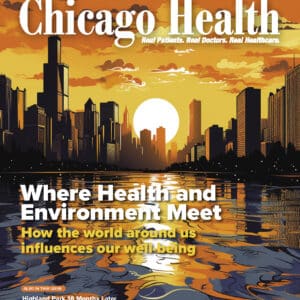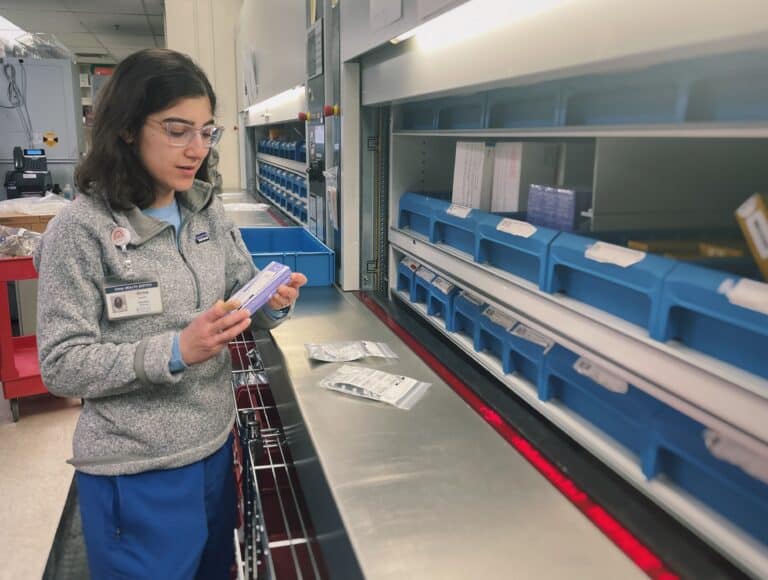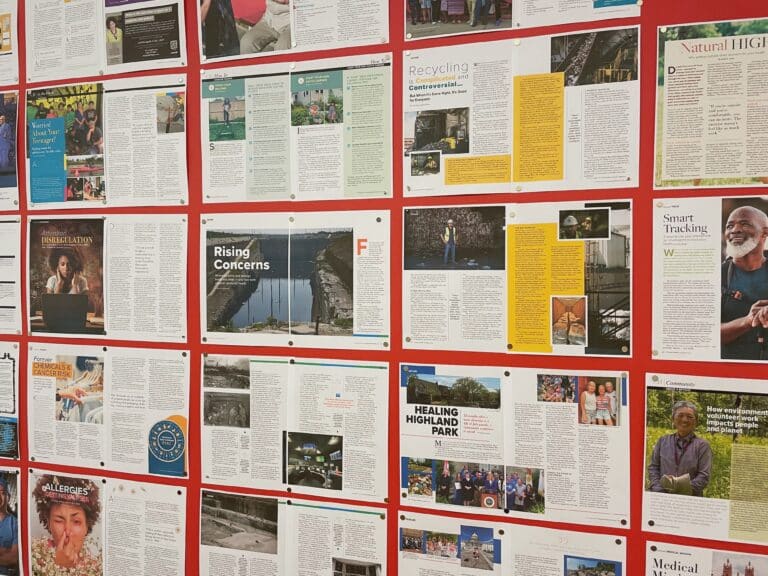The Hard Truth on Soft Drinks
By Anthony Bonazzo
There’s a great concern about the amount of sugary soft drinks that Americans consume and its effects on our national health. So much so that New York City Mayor Michael Bloomberg tried banning NYC restaurants and stores from selling sodas or sugary beverages larger than 16 ounces. A New York appeals court ruled the ban unconstitutional, but the questions still remain: Are those drinks really that bad for you? What are the potential health risks? And should the government be regulating what we can drink if it deems it to be in our best interest?
Ashley Barrient is a bariatric specialist at Loyola University Medical Center, and although she states that directly, there are no potential life-threatening risks with drinking soda, she emphasized that sugar and caffeine are both addictive and will inhibit your long-term health goals.
“Soda becomes problematic if you need it to function- some people do build up an addiction to the sugar and caffeine content.” Barrient says, “Neither are considered hazardous substances when consumed in moderation but consuming in excess can make it challenging to lose weight or maintain a healthy weight. Soda is simply not a beverage our bodies need; it should fall into the category of celebration/ special occasion foods such as cookies, ice cream, and birthday cake. If consumed on a more regular basis in excess, it will cause gradual weight gain over-time.”
And weight gain can lead to a bevy of additional problems, such as heart disease, diabetes and joint issues, to name a few.
Chicago-based actor Ricky March refers to himself as a perennial dieter. He’s tried everything from Weight Watchers to Atkins and more. In the last year, however, he dropped 85 pounds. “I used to drink six cans of Coke Zero every day for the caffeine; for the taste. In the past three months, I have gotten off all pop and coffee. The first three days, I had incredible headaches from the caffeine withdrawal, but they are long gone.”
Even diet sodas pose some risk. “I used to drink diet pop; probably five a day. I believe it was making me sick,” says Kristen Toomey, a full-time mother and stand-up comic. It is hard to say how much of what I was feeling was caused by diet pop because I also gave up gluten (I have celiac disease) and alcohol at the same time. But I do know that at that time I was suffering from strange pains, muscle weakness and spasms, flashes of light and headaches, nausea and fatigue. Since giving up pop and other things, I have lost about 10 pounds without working out. I have more energy and I feel great.”
There have been stories that diet soft drinks can go as far as to give the drinker cancer because of Aspartame, the artificial sweetener used in many diet drinks. But some of those studies were inconclusive or rejected by agencies such as the FDA.
Still, Toomey stays away from the stuff completely. “I let my children and husband have [the occasional] Sprite or root beer if we have pizza or something for dinner but never diet. Anything [labeled] diet is not allowed in our house.”
She’s not alone in kicking the pop can. Soda consumption has dropped steadily over the last eight years and that’s without any governmental laws restricting its consumption.
“It feels good to eat and drink more natural
,” says March.If you need your caffeine fix, limit it to one cup of tea or brewed coffee per day. Barrient also stresses the importance of drinking water. A popular alternative is the Infuser Water Bottle that lets you cut up your favorite fruit or vegetable and infuse it into the water. Other alternatives are adding lemon to your water or drinking La Croix sparkling water, and as a general rule of thumb, for any caffeinated beverage you consume (alcohol included), match it in volume with one cup of water.
“I also have traded in my cocktails for seltzer water with a dash of bitters,” March says.
“My mother followed my lead and stopped drinking diet pop,” says Toomey. “She has also seen a huge difference in her general well-being. I feel like that stuff is literally poison, and if you give it up for 30 days you will see how much it was bringing you down.”
With everyone’s body being entirely different from the next, it’s hard to tell someone to stop drinking pop altogether. But moderation is certainly a healthier approach. My father used to say, “If it came in a box, don’t eat it!” I’ll amend that and say that if it comes in a box, bottle or can, just know what’s really inside.
Anthony Bonazzo is an NASM Certified Personal Trainer, Corrective Exercise Specialist and Fitness Nutrition Specialist. He has been a Personal Trainer for over seven years and teaches and trains all over Chicago through his company, AB Fit.












